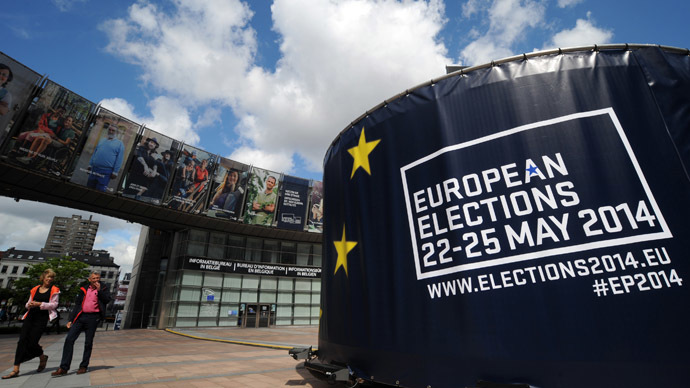
Populism vs. Technocracy? How political parties adapt to new dominant narratives.
Over the last decades, populism and technocracy have attracted a great deal of public attention and generated a lively scholarly debate. As it has recently been argued, they have emerged as the two dominant discourses on the European political scene. As the 2014 European elections clearly showed, even traditional, mainstream political parties increasingly rely on either or both these narratives. One insightful example is the discursive practices of Matteo Renzi’s Democratic Party during the Italian electoral campaign.
After his rise as party leader and then Italy’s youngest ever Prime Minister, Renzi has become a favourite of the international press. As early as 2010, when he was still mayor of Florence, the Tuscan politician proved himself an extremely skilled communicator. His idea of ‘rottamare’ (‘scrapping’) the entire political class had an extremely wide impact on public opinion and soon became a slogan for all those who wanted to contest the status quo in Italian politics. The growing support he received from the public convinced him to run for his party’s leadership primaries in 2012 and then, successfully, in 2013. Nowadays, Renzi’s PD embodies an arguably renewed organisation. The internal opposition has been gradually marginalised and the re-compacted majority has developed a political discourse based on pragmatism, hope for the future and the need for change. In particular, one can observe how the PD has gradually assimilated populist and technocratic discursive strategies by examining the ways in which it deals with a key issue such as the European Union.
The populist mode. According to a growing body of literature, typical examples of populist discursive practices include the reliance upon Manichean oppositions, romanticised and essentialist visions of the people, appeals to the multitude whilst excluding others and extreme simplification and moralisation (Wodak 2003).

Michael Freeden on Political Ideologies
Why is the study of ideologies so important for understanding—and navigating through—the social world of which we are part? And why do we have to cast aside old approaches that regard ideologies as abstract, superimposed by manipulative and power-thirsty individuals and groups, and opposed to the pragmatism of political life? The simple answer is that we always live in a world of ideologies and every one of us has one, whether we are aware of it or not, and whether it is clearly expressed or just a vaguer set of beliefs and perceptions.
Although every one of us is unique as a human being, we also display patterns of behaviour we share in common, even if they differ on particulars. Those include patterns of thinking about our society and about other societies. Ideologies are one such pattern, concerning the political arrangements and processes of a political community. Sometimes these are on a grand scale: visions of a rich and harmonious future, or plans for control and domination. At other times they are more modest and specific: designing a fairer constitution, reducing poverty, protecting religious beliefs, or having concerns about immigration. Any society will host a number of ideologies, though some may be more prominent and some may be repressed by the groups that are in power. In democratic systems, certainly, ideologies will compete over the control of public policy. Because that competition is over ideas, beliefs and values it is above all conducted through words, oral or written—in Parliamentary debates, newspaper articles, blogs, pamphlets, manifestos, TV programmes and books. Consequently, whoever controls the public language of a society is in a very strong position to implement its policies.









